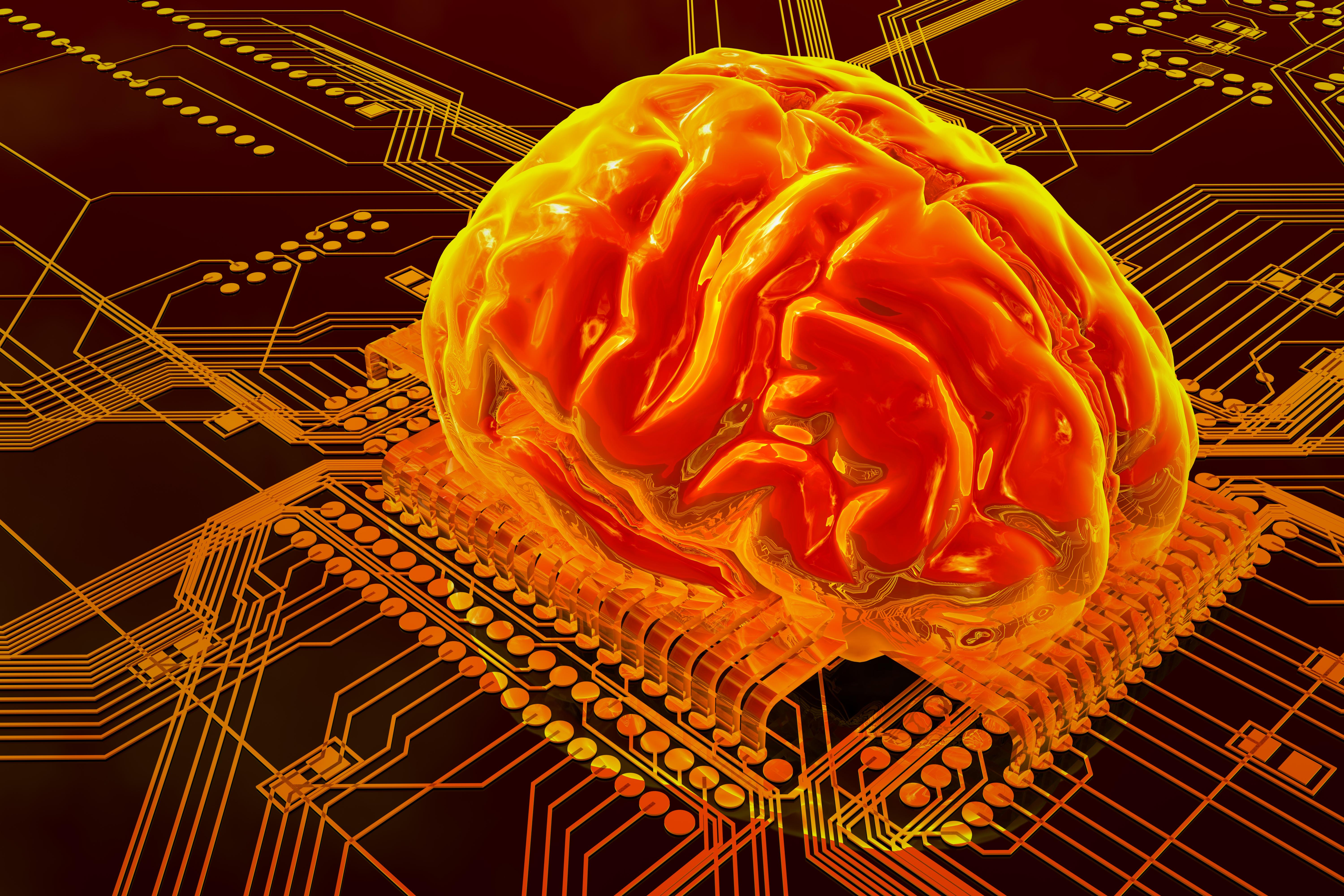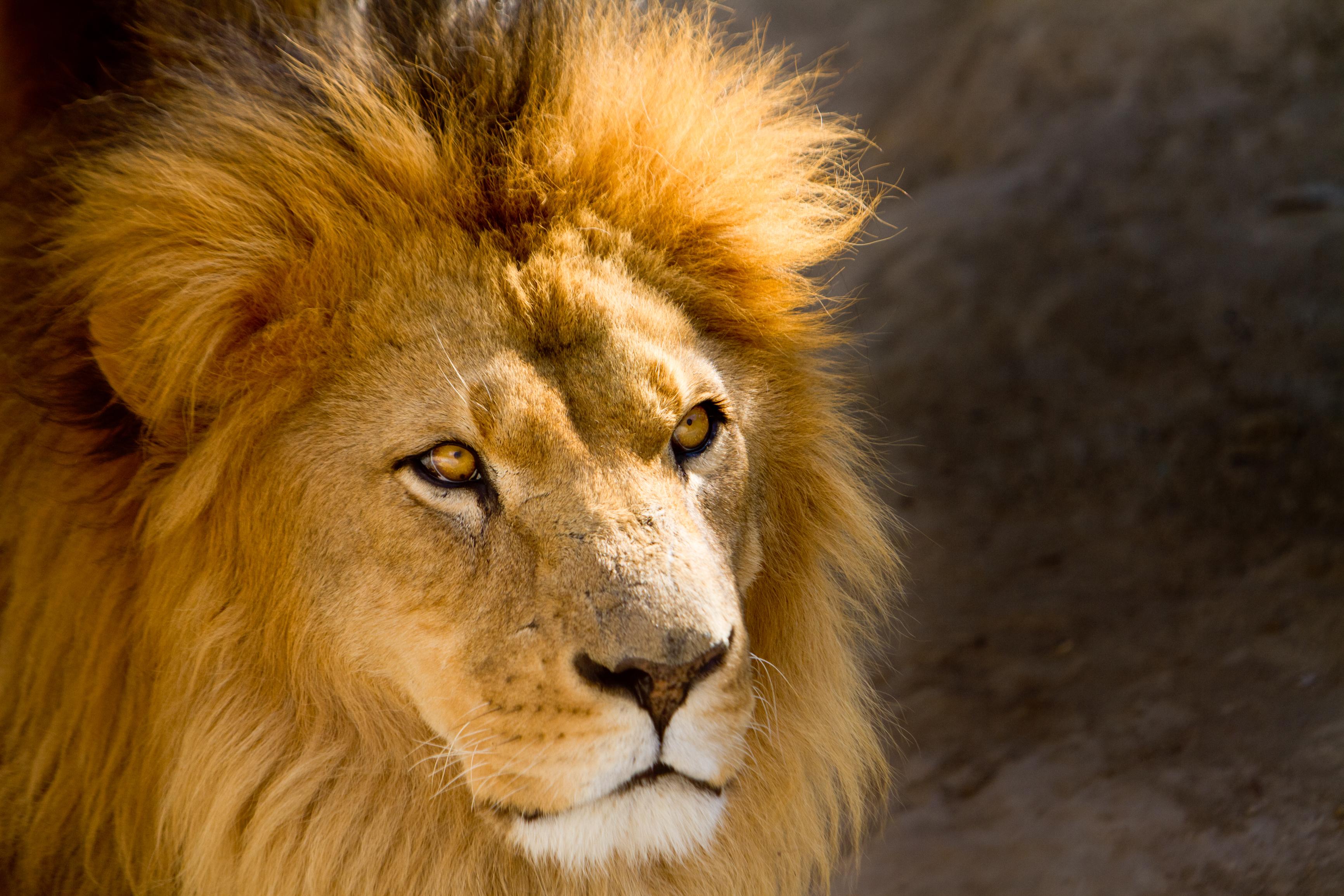Orion Jones
Managing Editor
Get smarter, faster, for success in the knowledge economy. Like us on https://t.co/6ZFWKpoKLi or visit https://t.co/d7r7dG2XOq
The five stages of grief have become the stuff of pop psychology but disbelief, yearning, anger, depression and acceptance do not always follow each other in an orderly procession.
Overturning previous studies on the subject of aging and happiness, researchers at Florida State University College of Medicine have found that people generally become happier as they age.
Researchers have successfully “reprogrammed” certain cells to produce more insulin in the body, representing a potential genetic treatment for patients diagnosed with diabetes.
Parents looking to keep their kids from experimenting with tobacco, drugs and alcohol should avoid mention of their own past drug use, according to a new study on human communication.
Just after the FDA approved a special pair of glasses that help restore vision to the blind, a German company has built a system which requires no external hardware to function properly.
Corporations like Frito-Lay and Coca-Cola have poured enormous amounts of money into creating snack foods and drinks filled with sugar and fat. The result has been a public health epidemic.
Researchers at the University of Washington have determined the molecular structure of certain compounds found in beer that give the brew its bitter flavor and confer health benefits.
The government should immediately increase the national gasoline tax, say a team of MIT scientists who want the nation to cut back on its use of petroleum-based fuel for driving.
The human race became a little humbler recently when it was discovered that dolphins, much like people, have unique signatures they use to identify themselves and each other.
“Hell, darling. That is what is going on in Hollywood right now,” says stylist Cheryl Konteh, referring to the film industry’s preparations for this weekend’s Oscars ceremony.
In America, the healthcare industry has followed private industry in its goals of selling more products more often. The result is a lack of holistic care that treats patients as human beings.
According to Caltech professor emeritus and microelectronics pioneer Carver Mead, the scientific revolution that got under way at the start of the 20th century has been stymied by big egos.
A capsule containing two complimentary enzymes measuring just 10 nanometers thick could be a vessel for new vaccines and a powerful cure for hangovers, say UCLA researchers.
Using yeast cells, biochemical engineers at MIT have found a way to boost the production of isobutanol, a chemical which has long been considered a possible alternative to gasoline fuel.
Scientists at Cornell University have used a 3-D printer to construct an artificial human ear which, when used to replace a damaged ear, looks and functions nearly identically to the original.
Researchers at Duke University have enabled rats to feel infrared light by implanting special sensors into the brain, allowing the rodents to “touch” extra-sensory information invisible to their eye.
German scientists have found that thinly sliced diamonds could store quantum bits of data at room temperature, a development that could eventually make quanutm computers widely available.
A new book on the human proclivity to compete called Top Dog: The Science of Winning and Losing examines factors that influence our tendency to try and outdo our friends and colleagues.
Deep mathematical patterns that are commonly found in nature may lie behind what we experience as beauty, which may explain why we have trouble putting beauty into words.
Conducted by Carnegie Mellon University, a new scientific study has found that people make better decisions about buying new cars after they have been distracted by an unrelated task.
Once thought to be determined by the biology of the ear, music appreciation is more a matter of training, say researchers. Each musical genre plays by its own set of internal rules.
A team of German and Swiss researchers have created a new tool that helps control when neurons in the brain fire, improving on a groundbreaking procedure called optogenetics.
Looking for ways to regrow lost or damaged limbs in humans, scientists are taking cues from the animal world where several species are known to effectively regenerate certain body parts.
By switching off specific neurons in the brains of mice, neuroscientists have learned how to control the protein that is responsible for how animals experience the sensation of cold.
A restaurant near the city of Sapporo has implemented a new policy of charging customers who do not eat all their dinner, highlighting the need to cultivate a positive relationship with food.
While the device does not allow the blind to see in a conventional sense, contrast between light and dark allows them to identify the outlines and boundaries of essential everyday objects.
By modifying a genetic toggle switch, synthetic biologists at MIT have found a way to perform logic functions inside of living cells. The technique could be used to regulate drug production.
Several high-profile projects that aim to replicate the processes of the human brain have recently received enormous grants. Still, completing the projects is not the ultimate goal, say researchers.
Some things that you think happened to you probably didn’t. That’s just the nature of memory, says popular author and neurology professor Oliver Sacks, and that’s a good thing.
The computational theory of the mind, which has come to dominate academic and popular circles, is increasingly inadequate to explain human behavior given what we know about animals.





























